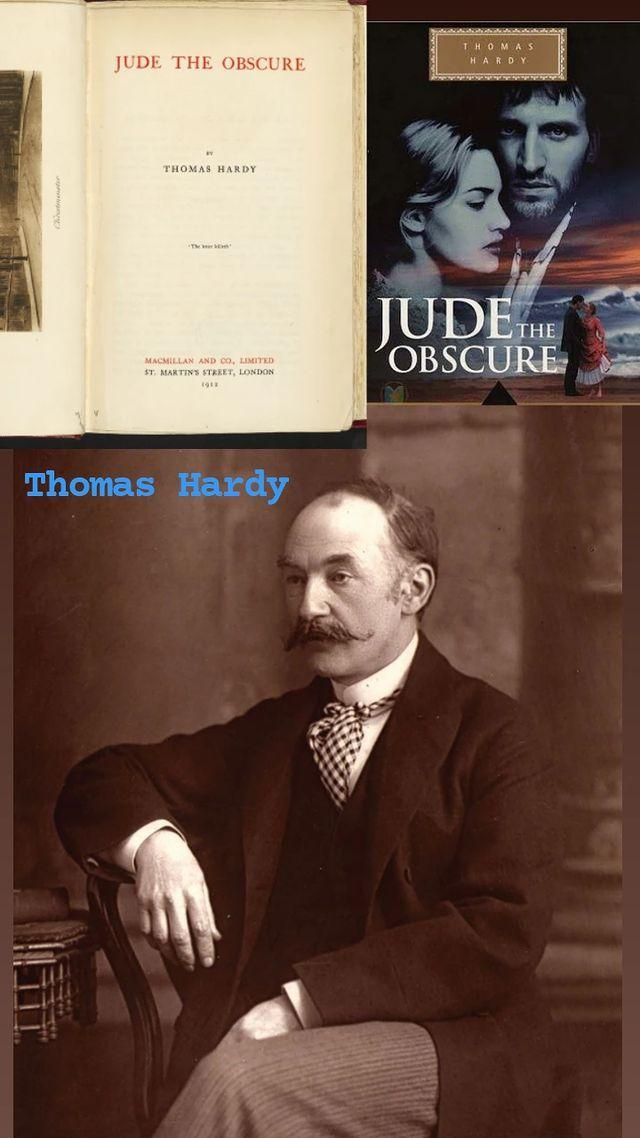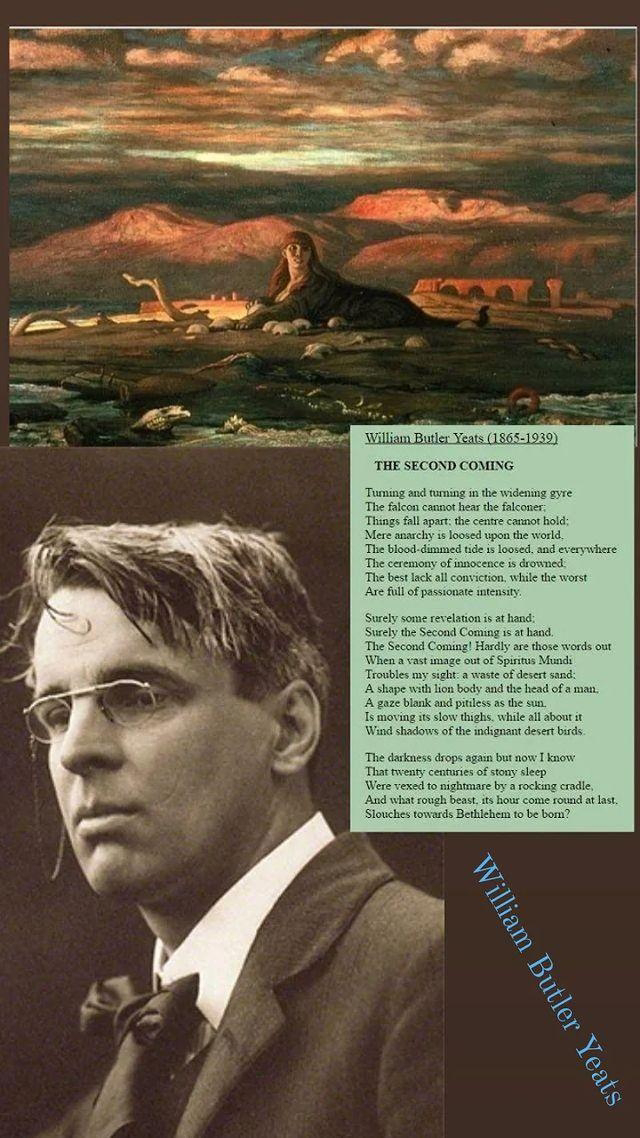I'm Jagruti Vala and I'm a student of English Department,MKBU.
This blog is a part of Thinking activity.
In this blog, I want to share some thoughtfully questions and answers regarding The Importance of Being Earnest.
Assigned by Megha ma'am.
A brief introduction about the Author:
Oscar Wilde (16 oct 1854- 30 nov 1900) was an Irish poet and playwright.
After writing in different forms throughout the 1880s, the early 1890s saw him become one of the most popular playwright in London.
He is best remembered for his epigrams and plays, his novel The Picture of Dorian Gray and the circumference of his criminal conversation for gross indecency for consensual homosexual acts, imprisonment and early death at age 46.
As a spokesman for aesthetics, he tried his hand at various literary activities.
He published books of poems, lectured in the United States and Canada on the new English Renaissance in Art, and then returned to London where he worked prolifically as a journalist.
Here is some questions:
1. Wild originally submitted The Importance of Being Earnest "A serious Comedy for Trivial People" but changed that to "A Trivial Comedy for Serious People" what is the defference between the two subtitles?
Ans:
1. "A Serious Comedy for Trivial People": In this original subtitle, Wilde suggests that the play is a comedy meant to be taken seriously by an audience that may be considered trivial or superficial. The emphasis is on the humor and wit in the play, while simultaneously commenting on the lightness or frivolity of the audience.
2. "A Trivial Comedy for Serious People": In the revised subtitle, Wilde has inverted the words, indicating that the comedy is trivial or lighthearted in nature, but it is intended for a more serious and discerning audience. This suggests that the play's humor and satire are meant to be appreciated by people who can recognize the underlying wit and social commentary.
2. Which of the female characters is most attractive to you among Lady Augusta Bracknell, Gwendolen Fairfax, Cecily Cardew and Miss Prism? Give reason for her being the most attractive among all:
Ans:
Among all the female characters, The most attractive character is Cecily Cardew. Because Cecily Cardew is portrayed as a sweet, innocent, and romantic young woman. Her imagination and dedication to her diary provide comedic moments in the play.
She is young woman with several qualities:
Ignorant: Cecily is somewhat innocent, believing in the existence of a wicked brother named "Ernest" and easily accepting the false identities and stories presented to her.
Determined: She is determined in her pursuit of love and is willing to stand up for what she believes in, even against her guardian, Dr. Chasuble.
Cecily's character adds a touch of whimsy and youthful enthusiasm to the play.
3. The play Repeatedly mocks Victorian traditions and social customs, marriage and the pursuit of love in particular. Through which situations and characters is this happening in the play?
Ans:
"The Importance of Being Earnest" by Oscar Wilde is indeed a satirical comedy that mocks Victorian traditions and social customs, including the themes of marriage and the pursuit of love.
The Use of assumed name: The characters Algernon and Jack use false names (Ernest) to court Gwendolen and Cecily. This mocks the superficial importance placed on a person's name and identity in Victorian society.
The Pursuit of Love: Gwendolen and Cecily's insistence on marrying a man named Ernest, regardless of his character, satirizes the Victorian fixation on marrying for status and a name rather than genuine love.
Cecily and Gwendolen's Obsession with the Name Ernest: Both young women are fixated on the name "Ernest" as it represents an ideal, and their reactions to discovering the truth about the name's origin are comically exaggerated.
4. Queer scholars have argued that the play's themes of duplicity and ambivalence are inextricably bound up with wild's homosexuality and that the play exhibit "Flickering presence -Absence of... homosexual desire" agree with this observation? Justify:
Ans:
The play's themes, especially in relation to an author's personal life, can be subjective and open to debate. Some queer scholars argue that Oscar Wilde's homosexuality influenced themes of duplicity and ambivalence in his works, such as "The Importance of Being Earnest." They suggest that the play might exhibit a "flickering presence-absence of homosexual desire."
While it's plausible that an author's personal experiences can influence their work, it's essential to recognize that literary analysis is often a matter of interpretation, and not everyone may agree with this perspective. It's important to consider various viewpoints and textual evidence when exploring such connections.
Queer Interpretation: Queer theory encourages examining literature through a different lens, considering how non-normative sexualities might be expressed indirectly. Scholars applying a queer perspective may uncover hidden meanings and interpretations that others might overlook.
5. Critique on various adaptation of the play: The Importance of Being Earnest by Oscar Wilde..
Ans:
The 1952 film adaptation of "The Importance of Being Earnest" directed by Anthony Asquith is widely regarded as a faithful and successful interpretation of Oscar Wilde's iconic play.
Loyalty to the Source Material: The film the essence of Oscar Wilde's play, the clever dialogue, satirical humor, and biting social commentary. It doesn't take liberties with the original text, ensuring that the essence of Wilde's work remains intact.
Visual Aesthetics: The film effectively captures the Victorian era's also and sophistication in its set design and costumes. The visual aesthetics add to the authenticity of the period and enhance the overall viewing experience.
Social Commentary: Oscar Wilde's play is known for its sharp critique of Victorian society, and the film adaptation doesn't dilute this aspect. It effectively lampoons the superficiality and artificiality of the upper class, addressing themes of identity, social norms, and societal expectations.
Humor and Wit: In the The film retains the wit and humor of the play, making the audience laugh at the characters' clever wordplay and funny situations. The comedic timing and delivery of lines by the cast contribute to the film's enduring appeal.
It is in maintaining the play's humor, social commentary, and the satirical spirit of the source material. This adaptation continues to be celebrated for its enduring relevance and is a testament to the timelessness of Wilde's work.
Thank you for visiting 🌷☘️
Be Learner...🌼











